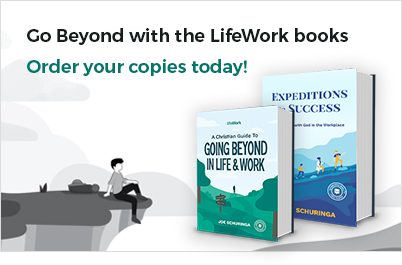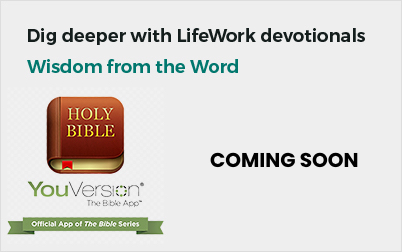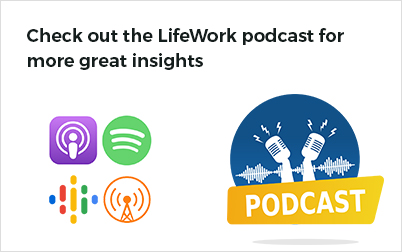The “yield” signs—as opposed to stop signs—at merging roads are a great idea, aren’t they? They help the flow of traffic without compromising road safety. The trouble begins when drivers refuse to yield, instead barging ahead demanding right of way when it is denied them for good reason at that particular time. The result of refusing to yield often has serious consequences, such as vehicle damage at best, personal injury or even death at worst. When it comes to road safety, yielding at the appropriate time makes sense, doesn’t it?
It makes sense also when it comes to success in the workplace, whether you’re part of management, or an employee in the corporate entity. In fact, willingness to yield—with an emphasis on willingness—is an essential part of all wholesome relationships, whether between management and workers or colleagues in a workplace setting, in a marriage or between family members, between neighbours, or in other personal relationships.
Just as the refusal to yield when called for spells trouble for traffic, so does the absence of a willingness to yield in workplace and personal relationships. At work it creates friction leading to hard feelings and the loss of workplace harmony and happiness, all of which will eventually adversely affect corporate success and bottom line. In a marriage, unwillingness to yield mostly leads to much heartbreak and distress, often resulting in family breakup and divorce.
Willingness to yield means, first of all, willingness to really listen—openness to the other’s point of view, their concerns and objections and suggestions. It means an attitude of flexibility, not a position set in concrete where it’s “my way or the highway”. It’s an attitude that says, “This is currently my stand, but I’m willing to listen and adjust in response to sound objections or suggestions.” To do this properly, you must drop any bias and be prepared to imagine yourself in the position of the other person. When you adopt this attitude, everyone benefits, and the course of action taken will have a good chance of producing desired success.
Are there moments when yielding is not a wise course? Absolutely! For example, an FCO may need to be unyielding in defending his or her stand when a CEO demands expansion steps in the absence of the necessary funds. On the home front, where children demand parental action that the household budget can ill afford, or that would be morally wrong or too dangerous, parents need to be unyielding. And a Christian needs to be unyielding when asked to perform tasks that would be contrary to Jesus’ teaching and thus against their faith and principles.
An unwillingness to yield is best compared to an oak tree which—unable to bend with the wind— will either be uprooted or broken. A yielding attitude is best compared to a willow tree able to bend with the wind and thus remain standing in spite of the storm. Ask God for insight to be wise and discerning as to when to yield and when to stand. Author Elizabeth George says, “True wisdom is marked by willingness to listen and a sense of knowing when to yield.” And the Bible says:
“Let the wise listen and add to their learning, and let the discerning get guidance.” Proverbs 1:5



